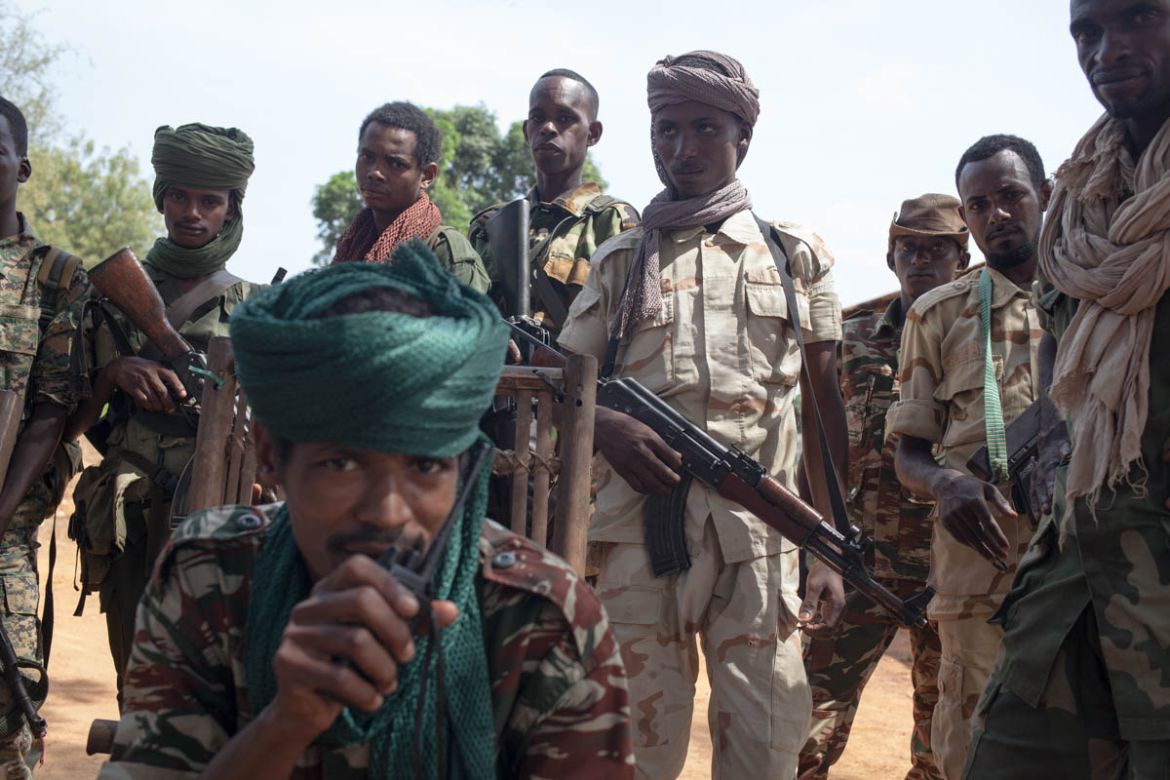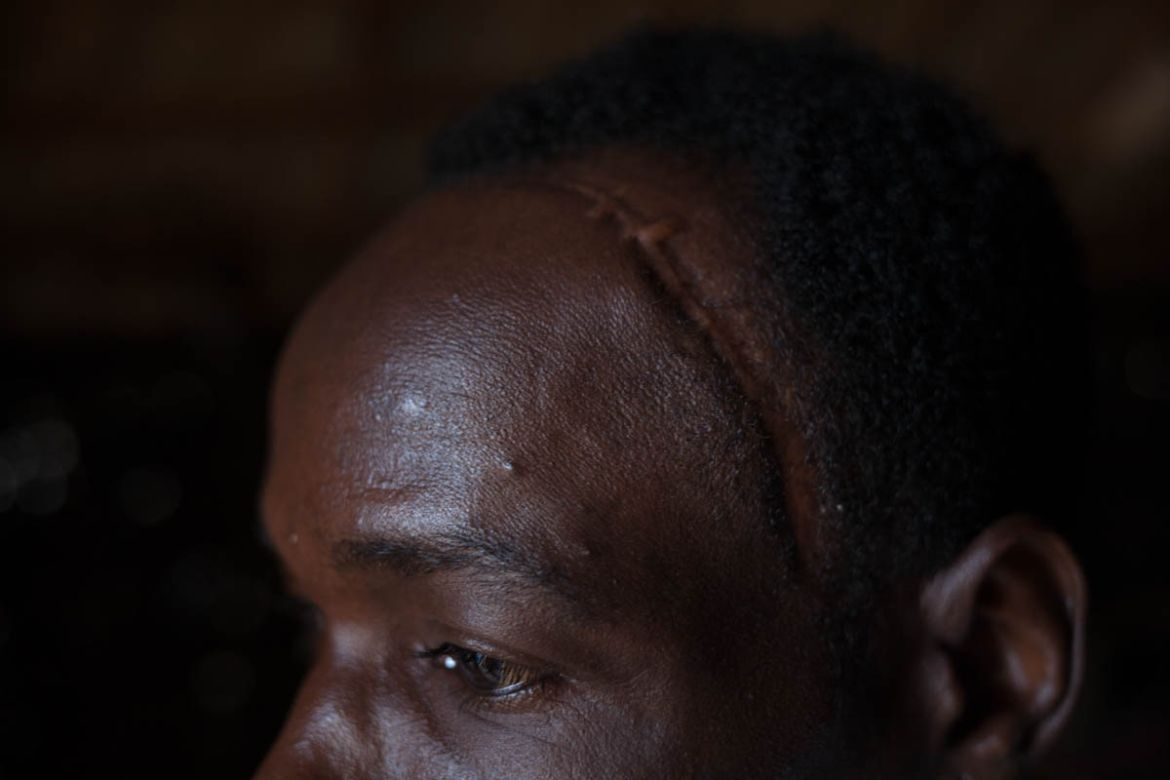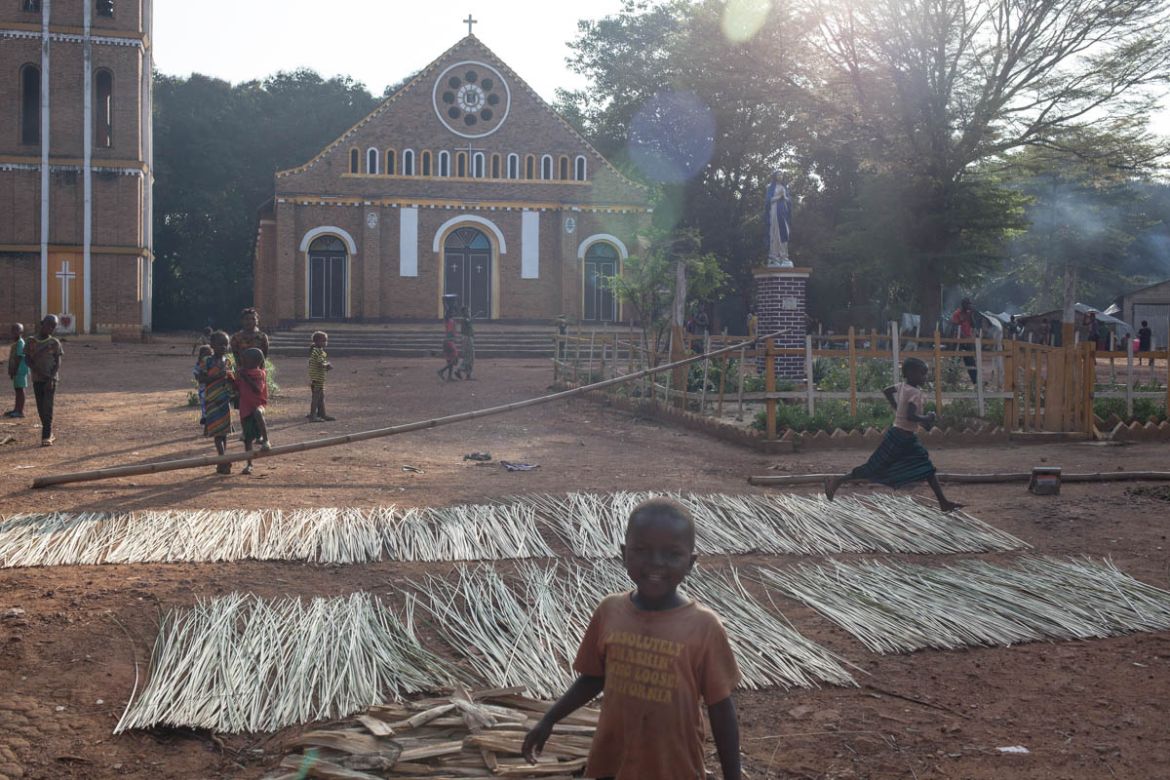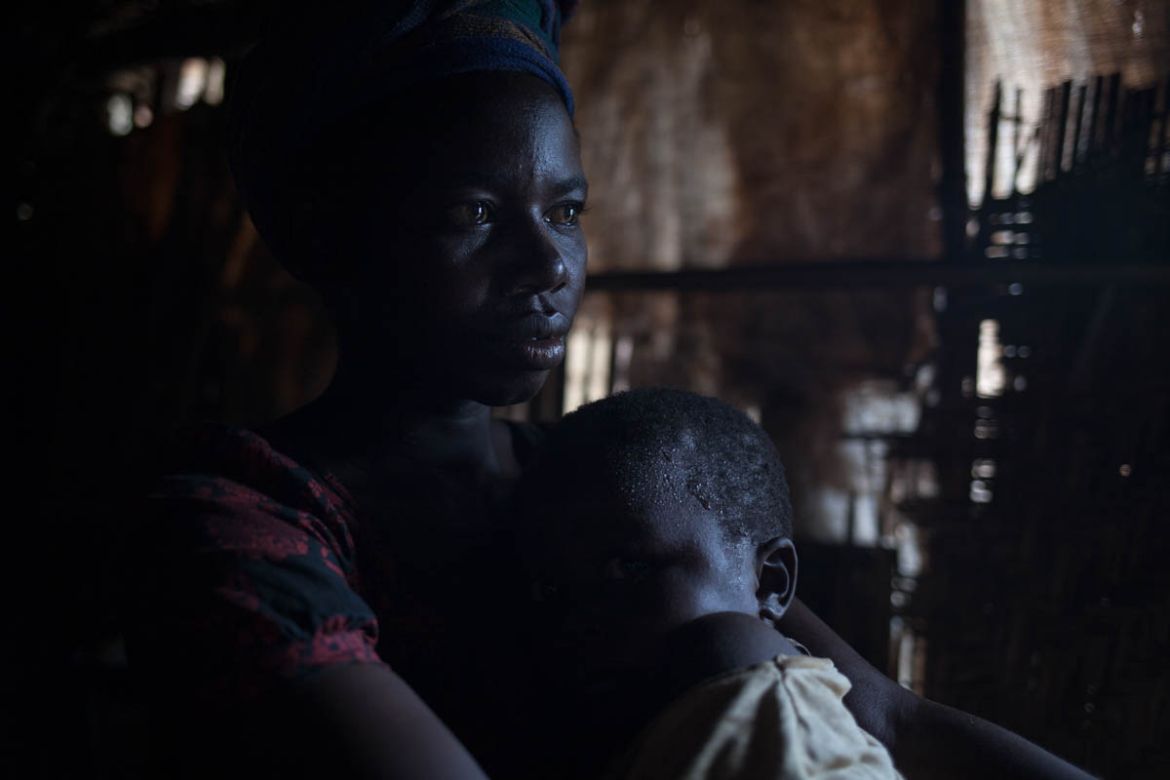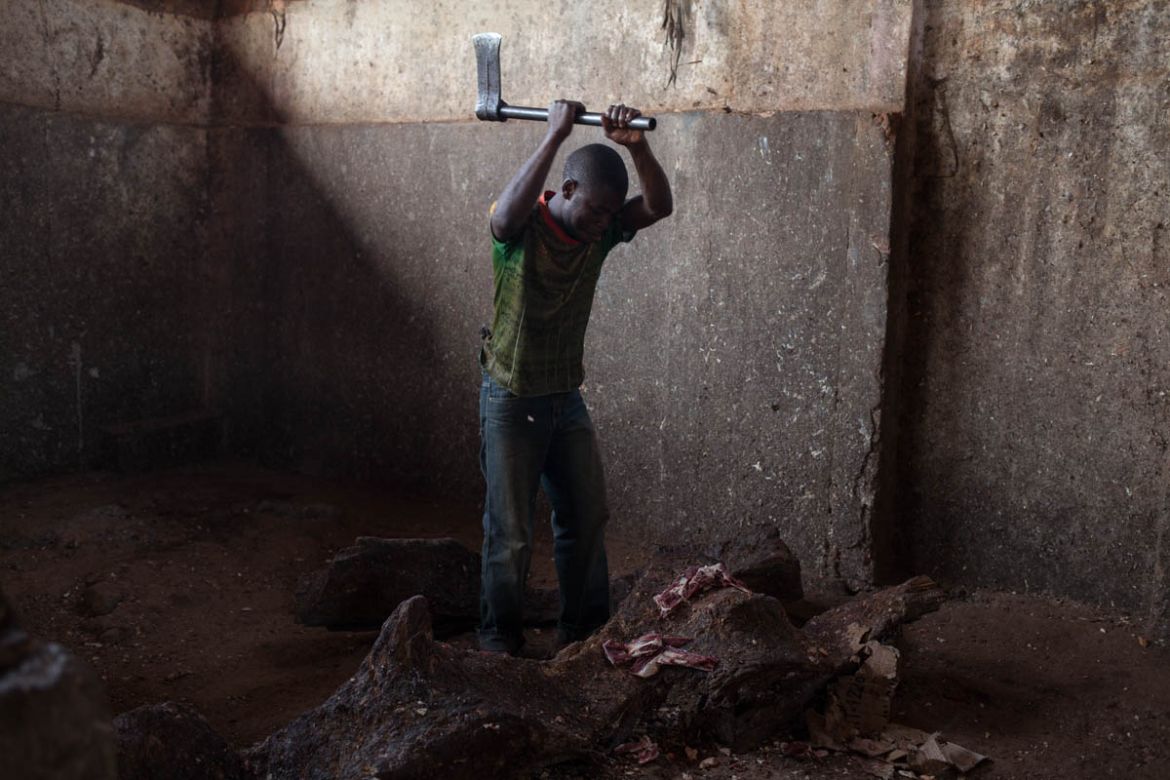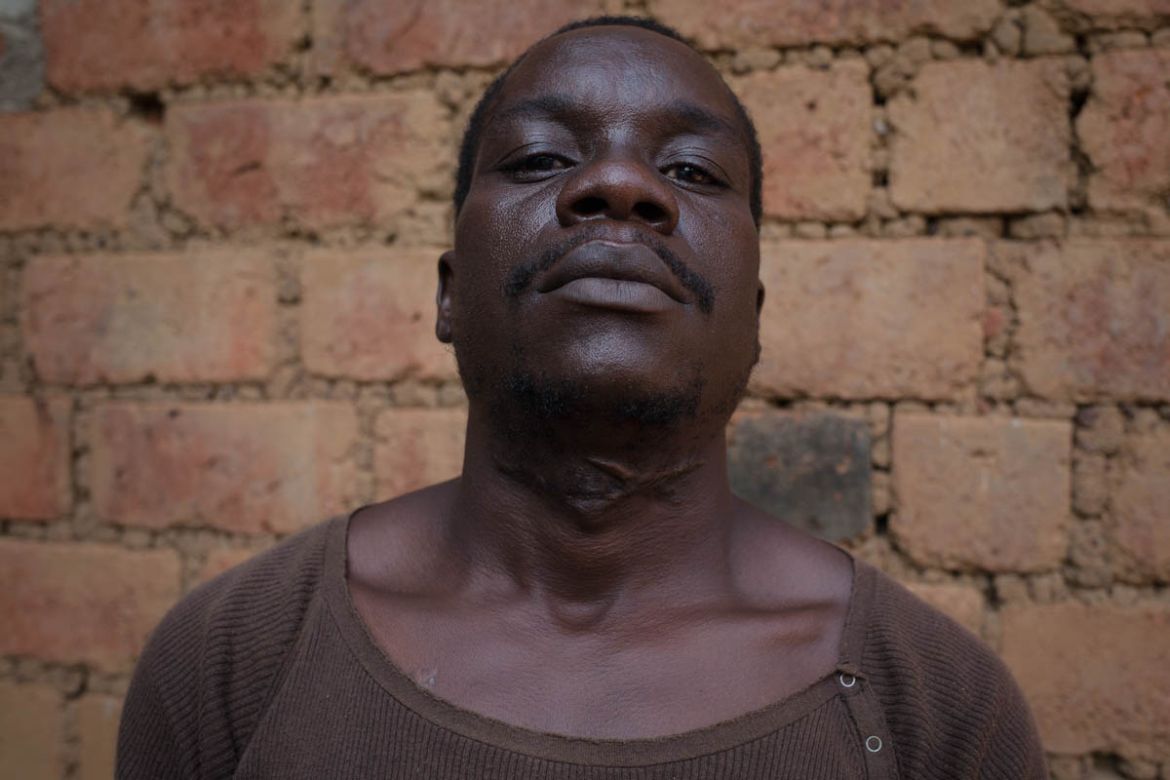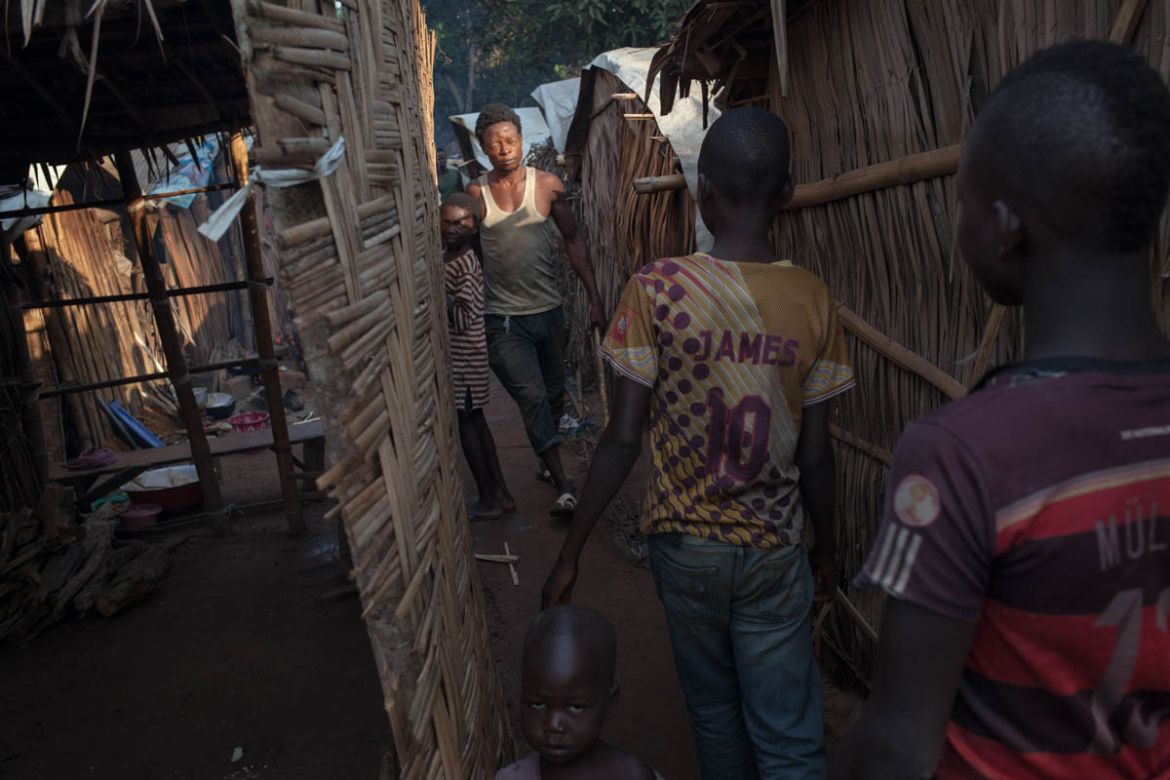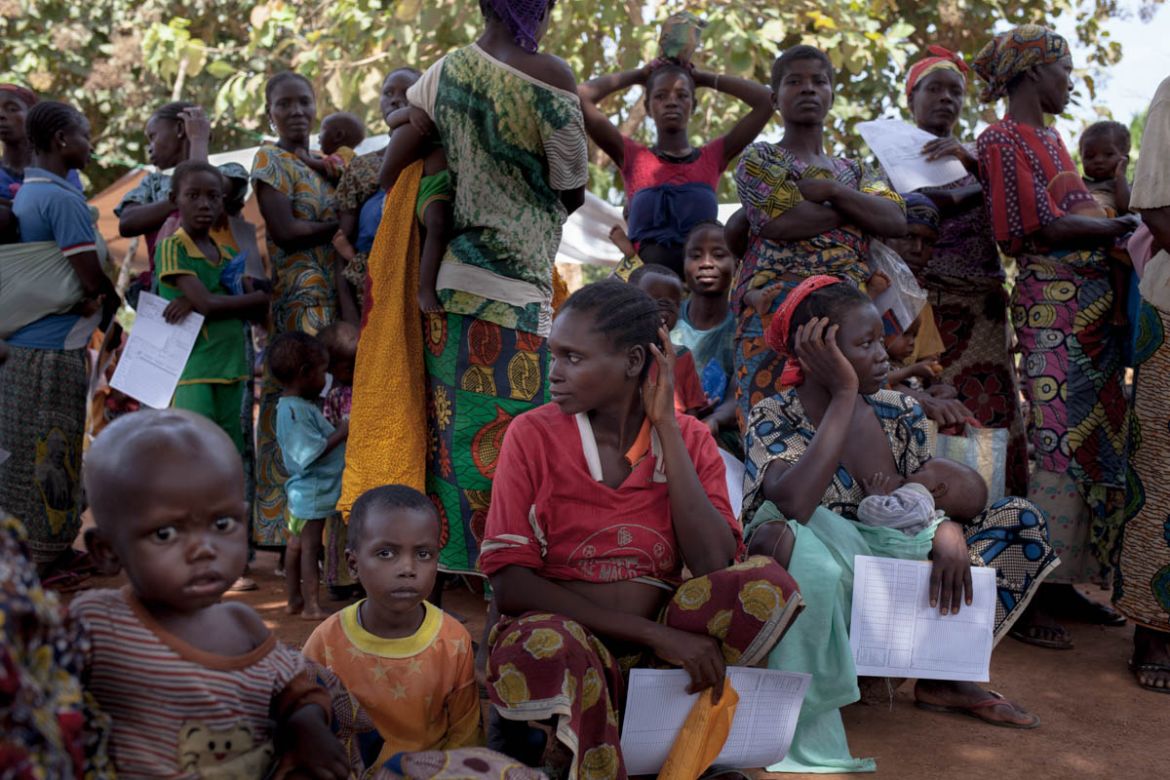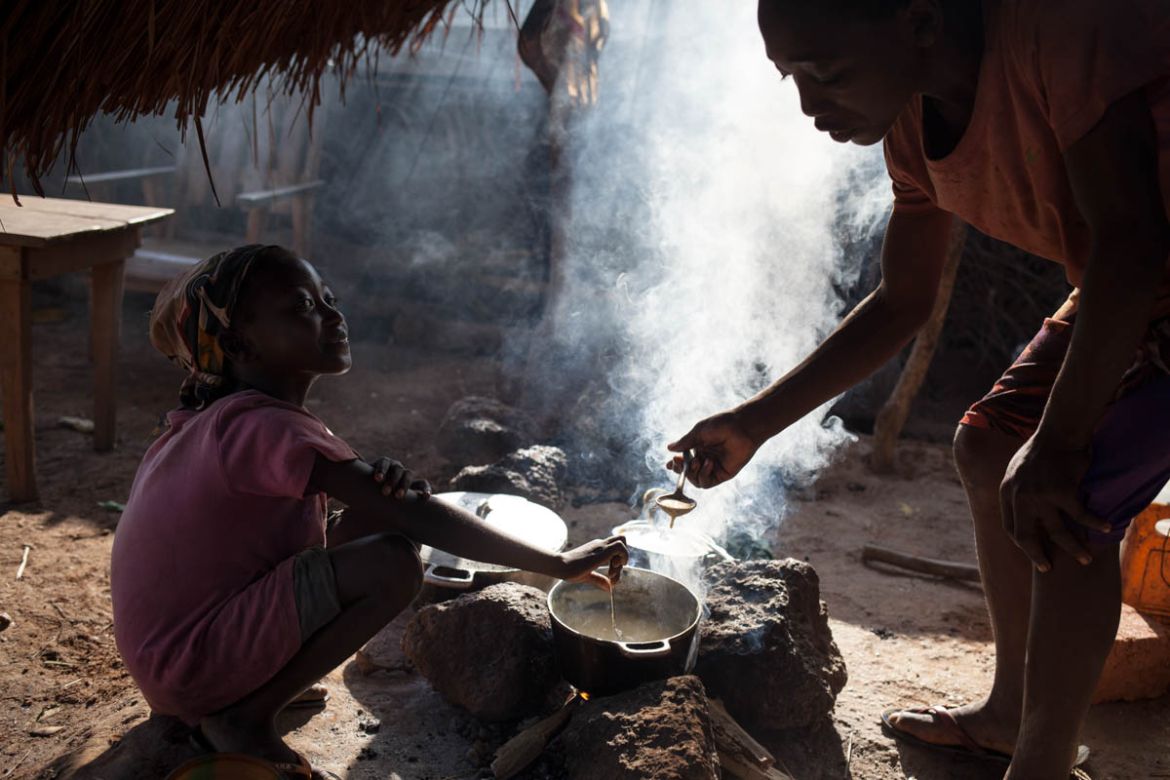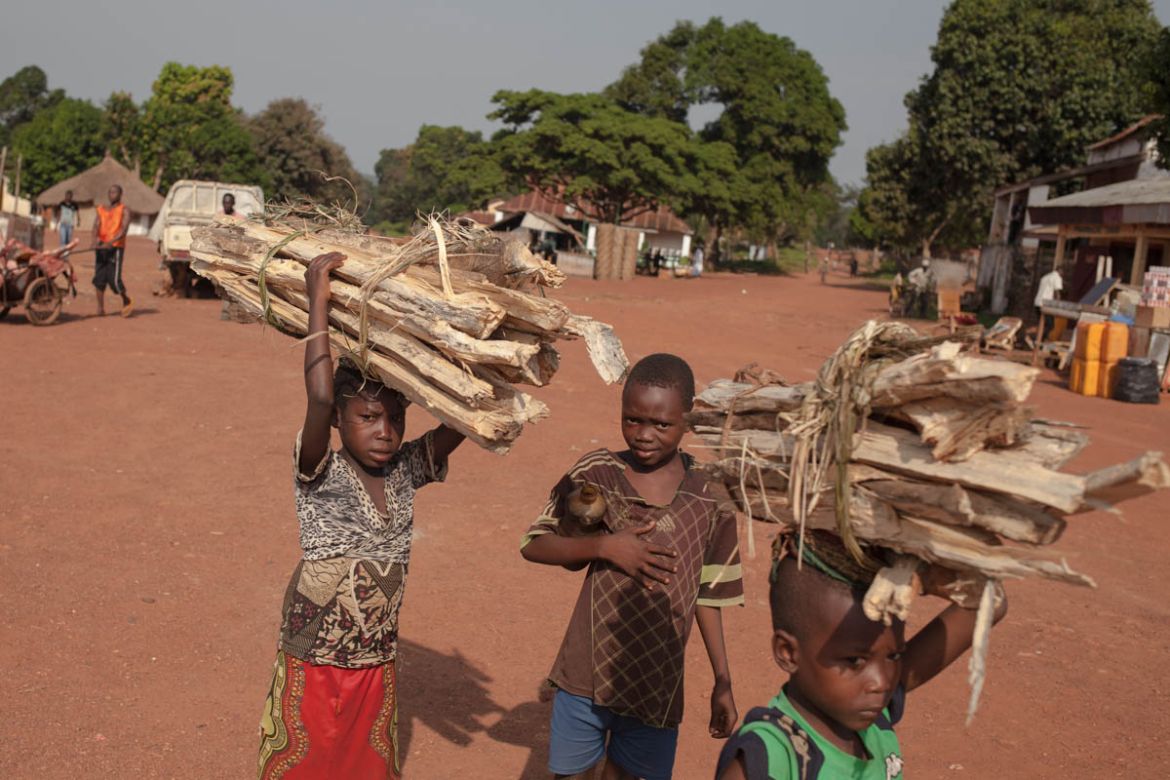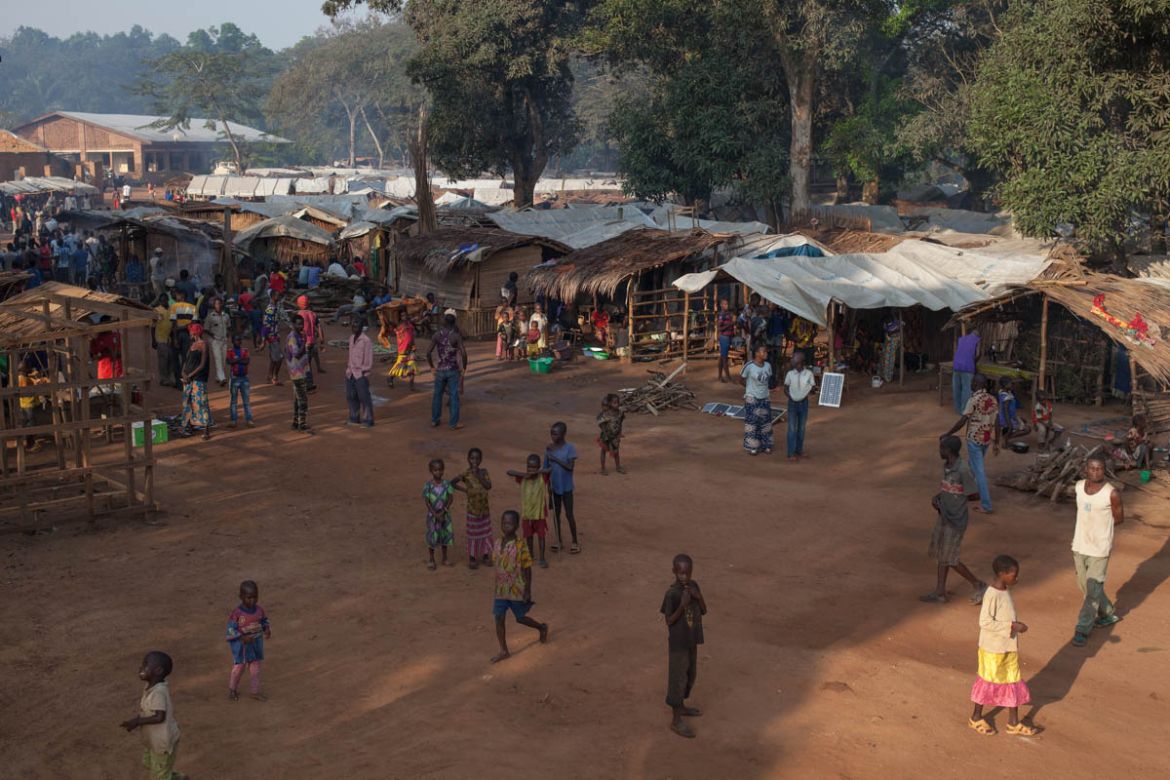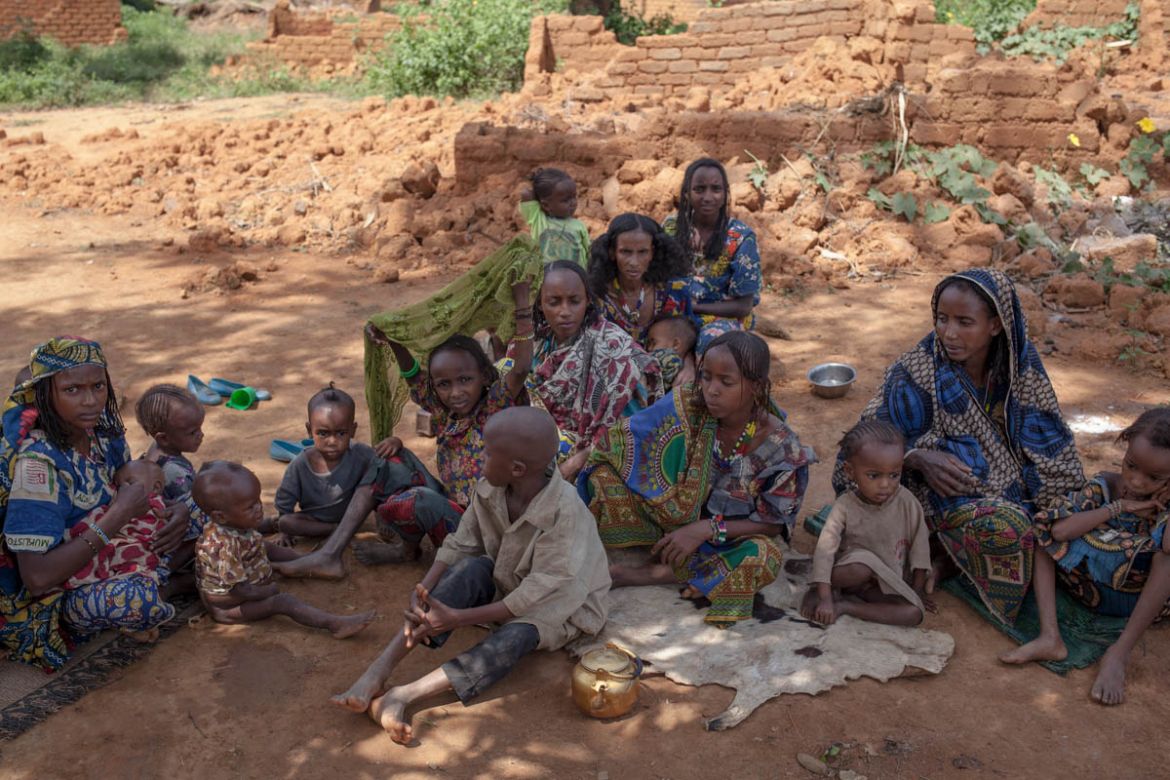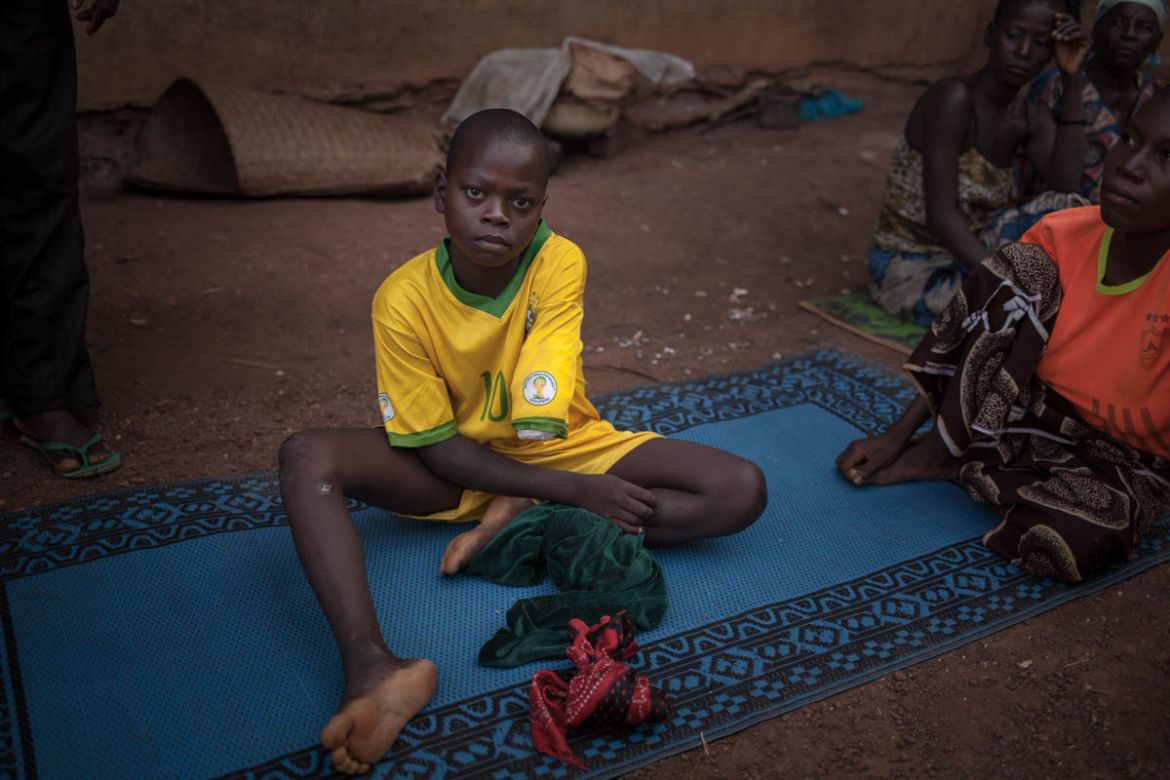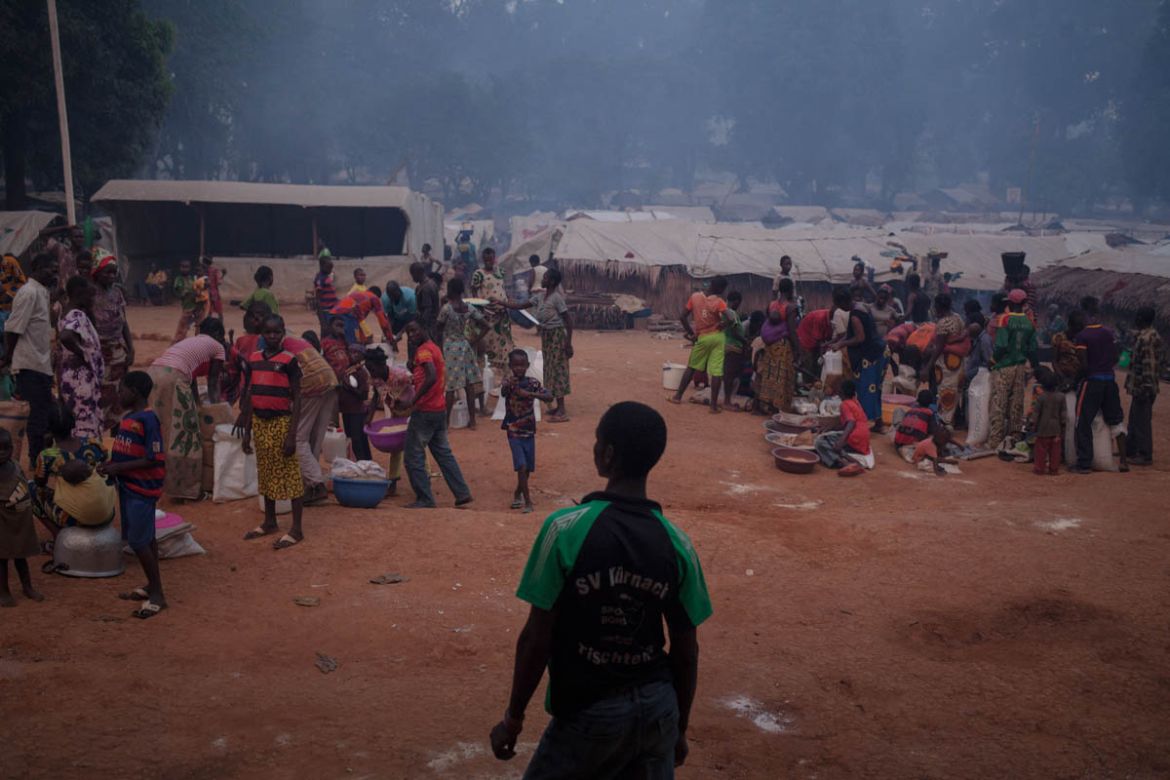In Pictures
Displaced CAR residents fear new wave of violence
Thousands of people have flocked to the outskirts of Alindao, where they worry the calm may be fleeting.

Alindao, a bucolic city in the Central African Republic’s southeast that is home to farmers and artisanal miners, largely avoided violence during the country’s recent civil war.
But today, nearly 23,000 internally displaced people (IDPs) live on the outskirts of town, on the grounds of a Catholic Church. They fled from their destroyed homes in May, after fighting broke out between Christian groups and Muslim ex-Seleka fighters. Thousands more IDPs live in two other sites nearby.
Fearful that the tenuous calm will descend back into clashes, the displaced residents have not returned home, and new arrivals from surrounding villages turn up daily.
Their plight characterises the changing nature of the CAR conflict, which has evolved into a battle over resources. In the country’s north and southeast, deadly clashes between remnants of former armed groups are common, at the expense of civilians.
In early December, a fragile peace agreement between predominantly Muslim ex-Seleka groups and Christians broke, heightening fears that the violence will spread through the countryside.
“The IDPs come from the town and the nearby villages, and they had to run to avoid retaliation from different groups,” said Sebastien Loth, the mission head for Doctors Without Borders, known by its French initials MSF, in Alindao. “There are too many armed groups to engage … to help the population [that is] most in need. The emergency is in the villages, just a few kilometres from Alindao.”
